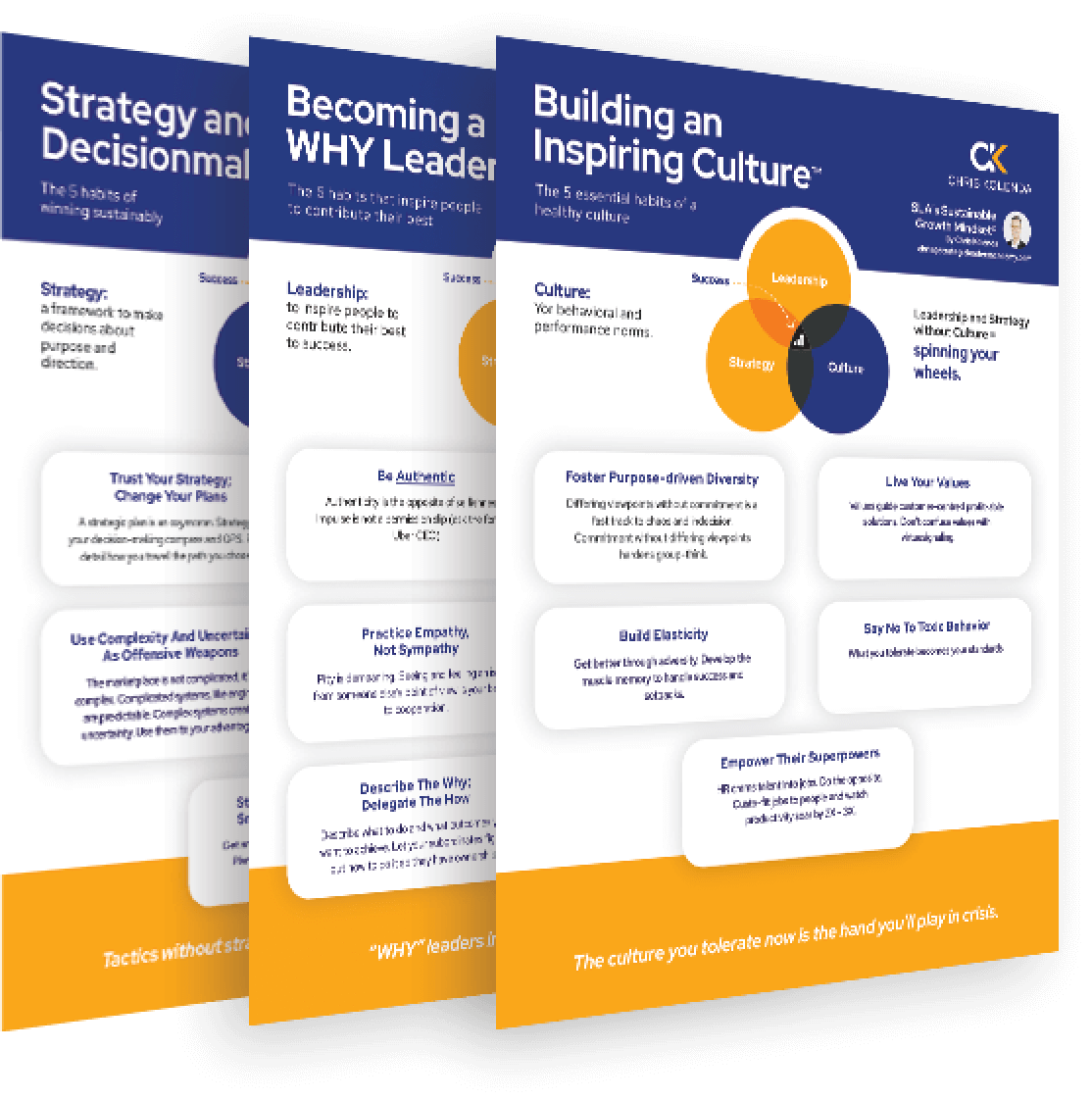How the Best Leaders create Psychological Safety
The best leaders create an environment in which people feel the confidence to speak their minds about problems and issues.
People don’t speak up about problems unless they feel safe doing so, and inadequate psychological safety has led to airline crashes, massive business calamities, surgical errors, military defeats, and at least one naked emperor.
The best leaders create an environment in which people feel the confidence to speak their minds about problems and issues. Toyota was famous for encouraging employees to stop the production line when they believed something was going wrong. After taking over as Ford’s CEO, Alan Mullaly noticed that every stoplight briefing chart was green even though the company had a series of production disasters. His subordinates were afraid to tell the truth, and it cost millions.
Psychological safety is not as easy as telling people to let it rip. Bullies speak their minds to intimidate others or shut down debate. They might call it radical candor or another euphemism, but they create a toxic environment that discourages other points of view.
People who believe they can speak their minds without retribution but are certain their views fall on deaf ears will soon decide not to waste their energy and breath.
The best leaders I’ve studied employ a common approach to psychological safety
I just finished reading, And There Was Light: Abraham Lincoln and the American Struggle, Jon Meacham’s recent biography of the 16th President. Lincoln surrounded himself with people who saw the world differently than he did and encouraged them to convey their ideas and perspectives.
Meacham’s telling of Lincoln’s meetings with Black leaders, political allies, and opponents about Emancipation and ending slavery is a study in psychological safety. Lincoln encouraged people to share their views, demanded mutual respect during debates, and showed that he took new ideas seriously.
General Dwight Eisenhower used the same approach. He cultivated cognitive and experiential diversity and used clarifying questions to encourage people to speak their minds. He fired staff officers (primarily American) who could not work with allies and carefully considered opposing views and new ideas. Success at Normandy and in Western Europe followed.
He also had his share of hiccups giving Montgomery the green light for the overly-optimistic Operation Market Garden and accepting groupthink from his intelligence chiefs who missed the Nazi build-up before the Battle of the Bulge.
Psychological safety does not ensure perfection, nor does it mean the leader always makes the right decision among competing options. However, it gives you the best chance to prevent problems, encourage innovation, and shape the future.
Dr. Mark Goulston and I created the Net Psychological Safety Score so you can assess your organization. Contact Chris at chris@strategicleadersacademy.com if you want to use the assessment for your organization.


